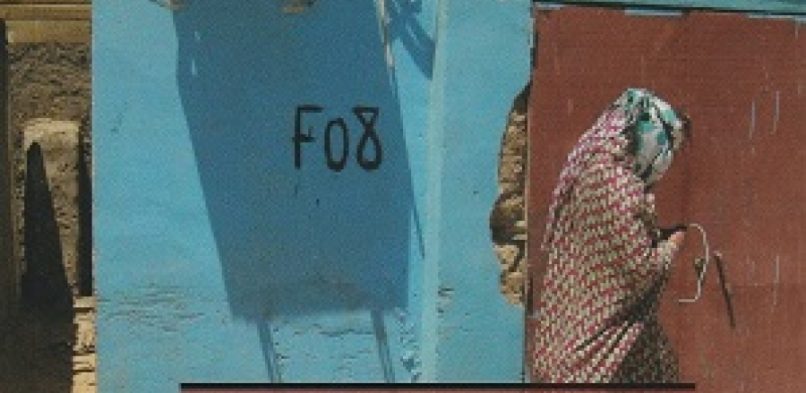Reference: Saara Ocidental – as políticas do impasse, 2018, africana studia, (29), Centro de Estudos Africanos da Universidade do Porto
Summary: The first objective of this issue is to help give visibility and, hopefully, understanding to the global impasse over the oldest colonial conflict in Africa.
Policies of deadlock in a conflict that has been going on for more than forty years do not only imply a trail of meetings and resolutions in air-conditioned United Nations buildings. They also affect a population – that of the Sahrawis – living in a 2,720 km military wall: in refugee camps in southern Algeria, in territories liberated under the control of the SADR (Sahrawi Arab Democratic Republic), in the so-called “open-air” prison under Moroccan occupation, in the diaspora in search of work and/or on the run.
Over the past decade, even public perception of this impasse has tended to decline – due to the scarcity of current events and the combined action of the Moroccan filter, which the dominant media in European states in general follow. In this part of the world, the daily violations of the Geneva Convention, the Convention against Torture and Ill-treatment, United Nations resolutions, the International Court of Justice and the European Court of Justice are not new.
The criterion adopted was simple: we mobilize experts in the foreign policies of States and multilateral organizations that intervene directly in the conflict (the so-called direct actors), in the main allies of these States (indirect actors) and in some of the emerging powers that “observe”, with more or less abstinence in their actions.
– Isabel Lourenço, Maciel Santos
